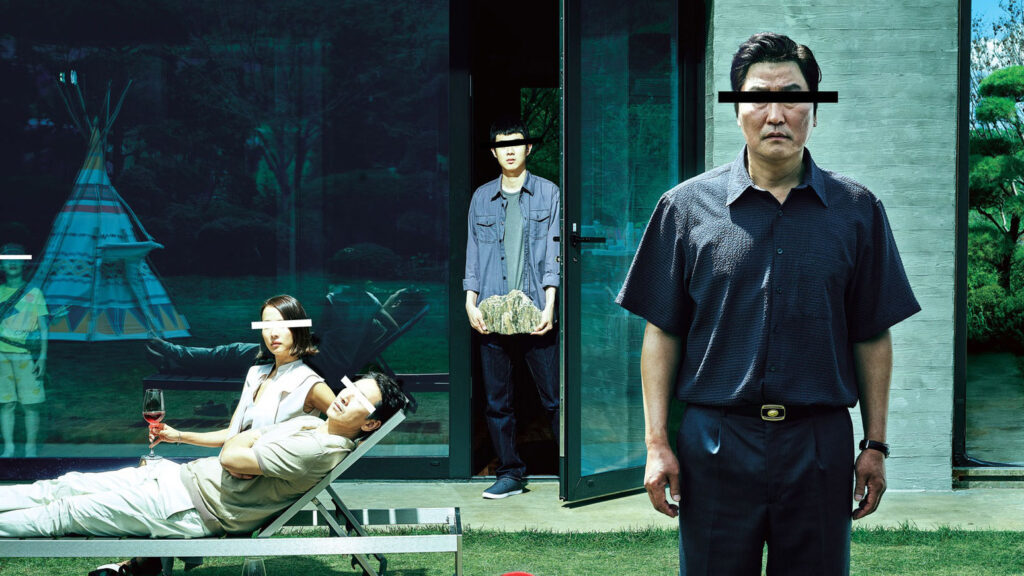
Parasite: Best 21st Century Film by New York Times
Light House Denver – The South Korean film Parasite, directed by Bong Joon-ho, has been named the best film of the 21st century by The New York Times (NYT). This recognition was announced in the prestigious list “100 Best Films of the 21st Century” released on June 27, 2025.
According to Korean media Chosun, the ranking involved more than 500 prominent figures from the global film industry, including actress Julianne Moore, actor John Turturro, and renowned directors Pedro Almodóvar and Sofia Coppola. Amid intense competition from outstanding films across the world, Parasite ultimately secured the top position and was named the best 21st century film.
“Continue Reading: There’s New Zealand, but Where Is Old Zealand (Zeeland)?”
The film had previously made history by winning four Academy Awards, including Best Picture, and claiming the prestigious Palme d’Or at the Cannes Film Festival.
The New York Times praised Parasite as a film that is both humorous and unsettling, offering a sharp social critique of the brutality of neoliberalism. Bong Joon-ho was recognized as a master of genre who skillfully blends comedy, social satire, and explosive tragedy.
The story follows Ki-taek’s poor family, led by Song Kang-ho. They become entangled with the wealthy Park family, portrayed by the late Lee Sun-kyun. Through escalating conflict, the film brilliantly portrays social class tensions with a gripping narrative and stunning visuals.
In addition to Parasite, two other South Korean films also made it into The New York Times’ prestigious list.
Oldboy (2005), directed by Park Chan-wook, ranked 43rd. Critics highly praised this film, part of Park’s revenge trilogy, for its iconic action sequences. The New York Times highlighted the legendary hallway fight scene featuring Choi Min-sik as a grand and thrilling symbol of cinematic violence.
Memories of Murder (2003), another film by Bong Joon-ho, placed 99th. Critics recognized it as a uniquely Korean police drama that rejects typical Hollywood formulas. NYT emphasized the film’s brilliance in combining unexpected humor, tension, and a profound reflection on human limitations when facing crime.
Unfortunately, among the 100 films selected by The New York Times, no Indonesian films made the list. The selection featured a diverse range of international films from Hollywood, Europe, and Asia. However, Indonesian cinema has yet to reach this elite ranking.
Several Indonesian films, such as The Act of Killing (2012), The Raid (2011), and Marlina the Murderer in Four Acts (2017), have gained significant recognition. International film festivals have celebrated these films, and global anthologies have featured them.
The award for Parasite reinforces the growing influence of South Korean cinema on the world stage. It also inspires Asian filmmakers, including those from Indonesia, to keep creating and strive to break into the global market.
“Read More: The Benefits of Socializing for Children”